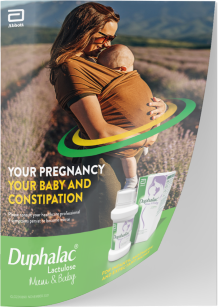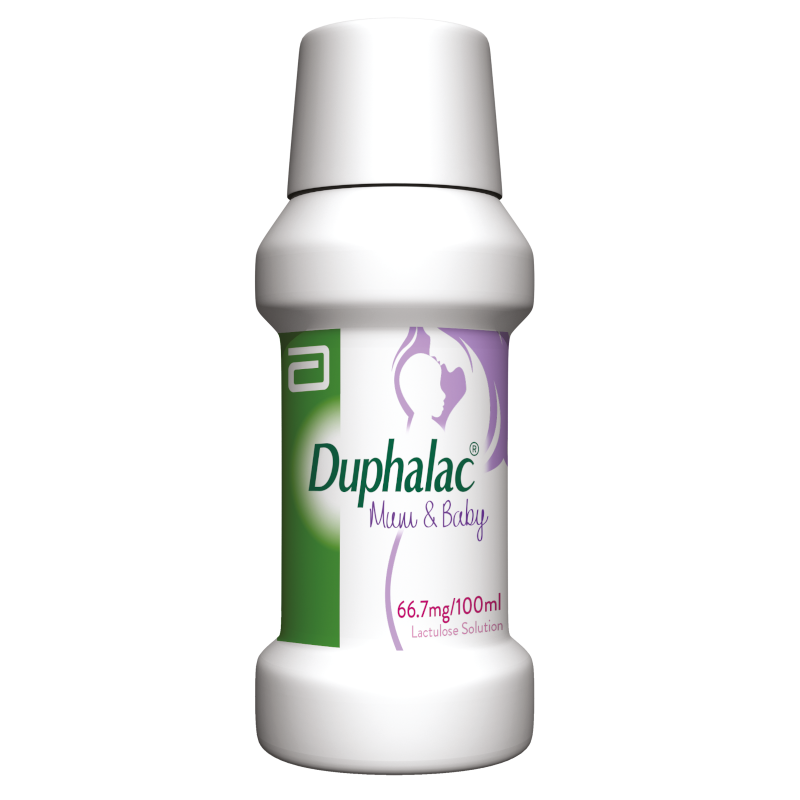
Constipation
Constipation
constipation in Babies
Constipation in babies is very common, affecting up to 40% of infants28 and there are many possible causes. But sometimes there is no obvious reason.
Common causes include:
- Changing from breast milk to a milk substitute (infant formula) or cow’s milk17
- Introducing processed foods21
- Fever, diarrhea and vomiting can reduce hydration levels. This can increase the risk of constipation.17
Things to look out for include:
- A lack of energy21
- Being irritable, angry or unhappy21
- Decreased appetite28
These symptoms may disappear immediately after having a bowel movement.28
In much rarer cases, constipation may be caused by a medical condition.21

Remember, it’s not unusual for a breastfed baby to go a week without having a bowel movement.21 And constipation is common if you’re changing to formula or cow’s milk.17

What can I do if my baby is constipated?
If you think your baby is constipated, it’s a good idea to talk to your doctor or pharmacist. There are many simple things you can do that might help your baby:
- If your baby is breastfed, offer plenty of breastfeeds.30
- If your baby is formula-fed, offer plenty of water in between feeds. If you’re using formula milk, don’t add more water to the mixture.21,30
- Try gently moving your baby’s legs in a bicycling motion or carefully massaging their tummy in a clockwise direction to help stimulate their bowels.21
- If your baby is eating solid foods, encourage them to eat plenty of fresh fruit and vegetables. Chop or purée fruit and vegetables if it’s easier for them to eat. Apples, grapes, pears and strawberries are the best fruits for constipation.21

DOWNLOAD PATIENT BROCHURE "MUM & BABY"
DownloadRelated products

DUPHALAC® Mum & Baby

DUPHALAC® Solution
